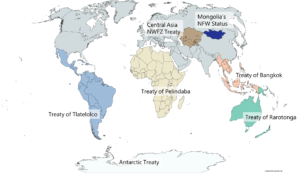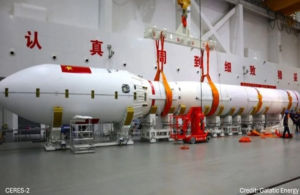Ballistic Missile Youth Group Kickoff Meeting
28 June 2023
Online
FRS created a Youth Group to develop expertise on missile-related issues and raise knowledge about the Code by ensuring that representatives from the younger generation involved in disarmament and non-proliferation issues worldwide are familiar with the specificities of missile dissemination.
Seventeen fellows have been selected and will take part in a programme of activities running from June 2023 to June 2025. This programme will include two main workshops in Paris and in Vienna.
Fellows are invited to contribute through the preparation of a report that will be published online at the end of the programme. This paper will be prepared in small groups focused on a special topic linked to missile proliferation. Informal exchanges and virtual activities will be strongly encouraged.
The Youth Group was officially launched on 28 June 2023.



